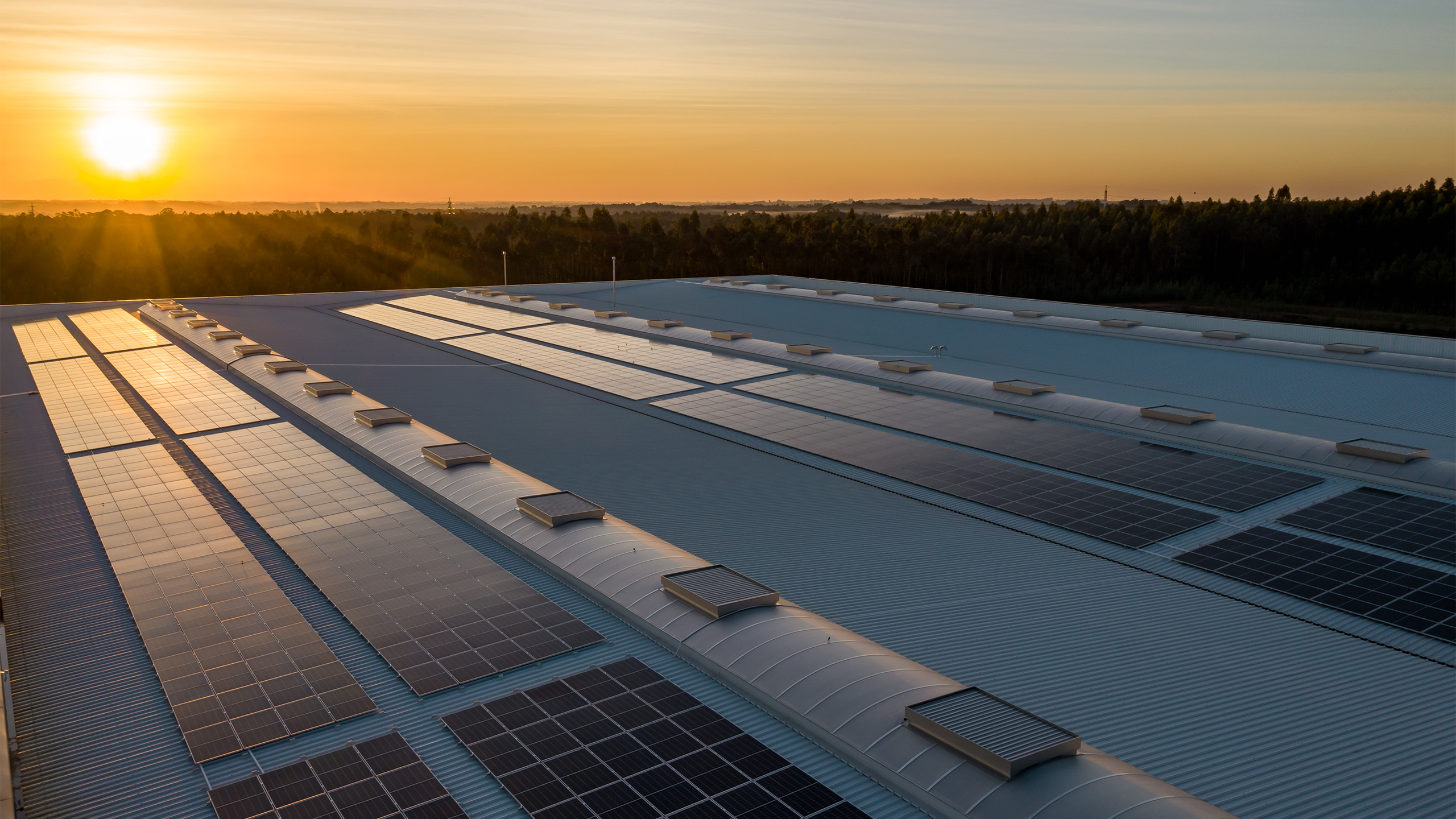The rising cost of energy and growing environmental concerns over carbon emissions have led to a surge in the popularity of solar power. Many households in the UK are now turning to solar panels to meet their energy needs. With energy prices continuing to rise, this renewable energy source is becoming increasingly attractive for both financial and environmental reasons. Solar panels are still a relatively new technology, and there's still much to learn about their true endurance and long-term performance. Solar installations began gaining traction in the UK around 2006-2008, meaning that many panels installed during that time are still functioning today. Globally, very few solar panels are older than a decade. The world's first modern solar panel, installed over 60 years ago, is still operational! This ongoing evolution in technology means that we're constantly improving maintenance strategies to ensure these panels can keep up with modern energy demands. As with any major investment, one of the first questions people often ask about solar panels is: how long will they last? Buyers of cutting-edge technology naturally want to understand more about the product's durability and maintenance requirements.  Typically, solar panels are expected to last anywhere from 25 to 30 years. This doesn't mean they stop working entirely after this time; rather, it signifies that the first few decades post-installation are when the panels are considered most effective. After this period, they continue to produce electricity, albeit at a slightly reduced rate. Most solar panels can still generate approximately 80% of their original output even after 25 to 30 years. With proper care, the latest models are projected to exceed their 30-year predicted lifespan. (Source: Centre for Alternative Technology) It's important to note that solar panels gradually produce less electricity over time, a phenomenon known as solar panel degradation. This natural decline happens at a rate of about 0.5% annually, thanks to advancements in technology. Early studies showed a higher rate of 0.8% per year, but modern panels have significantly better performance retention. Manufacturers typically offer warranties that guarantee 90% efficiency in the first ten years and maintain a minimum of 80% efficiency throughout the warranty period. Some panels have even exceeded their expected lifespan while remaining highly efficient. At Project Solar, you can rest assured that our products come with exceptional warranties. Learn more about our lifetime guarantees today!  While solar panels are built to last, there are several steps you can take to maximize their efficiency and longevity. Although they don't have moving parts like washing machines, solar panels can still suffer damage from external factors such as severe weather. Proper maintenance can help keep them running smoothly for decades. One common cause of solar panel damage is microcracks forming in the silicon cells due to temperature fluctuations. Hot weather expands the panels, while cold weather contracts them. This repeated expansion and contraction can weaken the cells over time, leading to slower electrical connections. While microcracks can potentially allow water to penetrate the panel, most panels are designed with safeguards to prevent this. Extreme weather conditions can pose additional risks to your panels. If you're worried about protecting your panels, contact our friendly team for expert advice on shielding them from harsh elements.  To keep your solar panels in top shape, follow these tips: Although solar panels require minimal maintenance, it's a good idea to have them inspected annually or biannually. Weather conditions can affect panel performance, so regular checks can help prevent long-term issues. Cleaning your solar panels once or twice a year is sufficient. If there's been little rain, rinsing them with a gentle stream of warm water from a garden hose can be beneficial. Avoid using hot water, as it might damage the surface. For tough spots, use a soft-bristled brush or a soft cloth with warm water. Always follow the manufacturer's instructions when using cleaning products and be cautious when reaching high roofs. If unsure, seek professional assistance. During installation, ensure that nothing obstructs the panels, such as overhanging trees. Shade reduces sunlight exposure and lowers efficiency, and falling branches can damage the panels. If you're concerned about small animals nesting under your panels, consider installing critter guards to keep them out. These guards can prevent damage caused by nesting over time. For optimal performance, it's essential to keep your inverter updated. Unlike solar panels, inverters have a shorter lifespan (around 10-15 years), so it's important to maintain them and replace them as needed. If you have any questions about our products, feel free to reach out to our friendly advisors.  Solar energy represents a forward-thinking choice for anyone concerned about the planet's future. The average lifespan of a solar panel—several decades—is far longer than its 'Energy Payback Time' (EPBT), which refers to the time it takes for a panel to produce enough clean electricity to offset the energy used in its manufacturing. A 2010 study by Brookhaven National Laboratory in New York found that the EPBT for solar panels is just six months. Given the rapid advancements in solar panel manufacturing, it's reasonable to assume that today's technology has reduced this time even further. Solar energy not only helps reduce your carbon footprint but also makes financial sense. With UK electricity largely powered by gas, investing in solar panels during a period of rising wholesale gas prices is a smart move. While the upfront costs of installing solar systems may seem steep, most users see significant savings on their energy bills. Solar power is both an investment in the planet's future and a sound economic decision for your personal finances. If you'd like to explore how solar energy could benefit you, get in touch with us today. We're here to help you make the best decision for your home and the environment. Capping Machine,rotary capping machine,automatic capping machine,pneumatic capping machine Wenzhou Selection Technology Co., Ltd. , https://www.zj-packaging.com
How Long Do Solar Panels Last?
Extending the Lifespan of Your Solar Panels
Solar Panel Maintenance Checklist
Investing in the Future